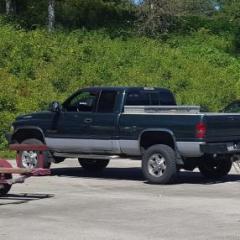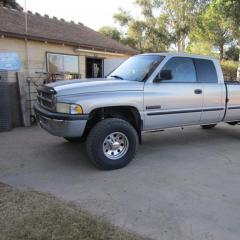- Replies 86
- Views 12.1k
- Created
- Last Reply
Top Posters In This Topic
-
 leety 17 posts
leety 17 posts -
 Mopar1973Man 10 posts
Mopar1973Man 10 posts -
 Dieselfuture 9 posts
Dieselfuture 9 posts -
 dripley 8 posts
dripley 8 posts
Most Popular Posts
-
Ya'll are just bunch oil smearing, sandle wearing, coffe drinking north westerners. You even have a closet potato farmer in your midst. But you sure seem happy. Imma gonna do a little sit
-
That is a pretty accurate statement. There is more than one product out there that will accomplish goals. And just make every one cringe, I ran Fram oil filters and a K&N air filter for many
-
I dont trust those quick release drain valves what if you drive over some sage brush and it flips the lever






I've seen a lot of info in this forum about engine oil but didn't run across any focused discussion on the topic.
If anyone knows of one please direct me to it, if there isn't one now would be a good time for one.
I'm planning to change my oil in the next few days. My local parts shop recommended Delo 400 15w40 oil and WIX XP filter (see picture)
The fella at the parts shop also said something about using a thinner viscosity in winter. I do go to where it's cold but it's not exactly cold in Los Angeles. I'm hoping some of you that live in cold climates will know about this first hand.
Let me know if this is the oil and filter I purchase are suitable and/or if there is a better option. Everything is returnable :-)
Also is there some procedural steps that would be good to follow outside of the the common steps - Does this drain plug need a new washer seal etc?
1) pull drain plug
2) change filter
3) reinstall drain plug
4) refill 12 qts/3 gals of oil
Edited by leety